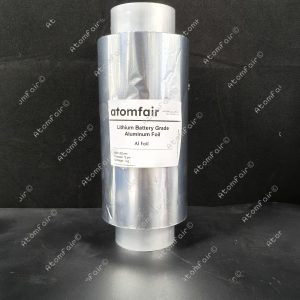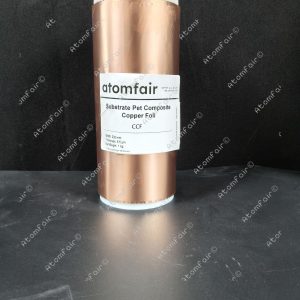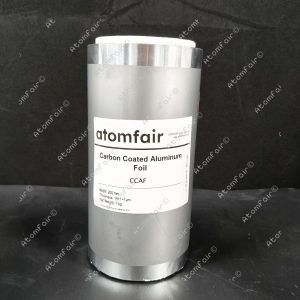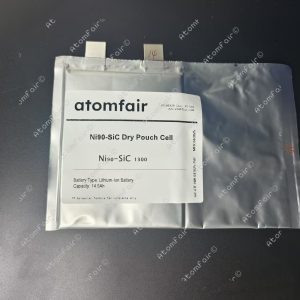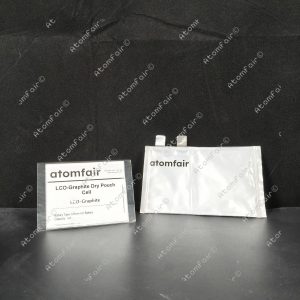Your cart is currently empty!

Atomfair 1,3,6-Tricyanohexane C9H11N3
Description 1,3,6-Tricyanohexane (CAS No. 1772-25-4) is a high-purity organic compound with the molecular formula C9H11N3, also known by its IUPAC name hexane-1,3,6-tricarbonitrile . This versatile trinitrile derivative is characterized by its exceptional electrochemical stability, low viscosity, and high boiling point, making it an ideal candidate for advanced applications in energy storage systems. With three reactive cyano groups, it serves as a critical intermediate in organic synthesis and a performance-enhancing additive in lithium-ion battery electrolytes. Our product is rigorously tested to ensure >98% purity, meeting the stringent requirements of research and industrial applications. Packaged under inert conditions to prevent degradation, it…
Description
Description
1,3,6-Tricyanohexane (CAS No. 1772-25-4) is a high-purity organic compound with the molecular formula C9H11N3, also known by its IUPAC name hexane-1,3,6-tricarbonitrile. This versatile trinitrile derivative is characterized by its exceptional electrochemical stability, low viscosity, and high boiling point, making it an ideal candidate for advanced applications in energy storage systems. With three reactive cyano groups, it serves as a critical intermediate in organic synthesis and a performance-enhancing additive in lithium-ion battery electrolytes. Our product is rigorously tested to ensure >98% purity, meeting the stringent requirements of research and industrial applications. Packaged under inert conditions to prevent degradation, it is available in quantities ranging from grams to bulk kilograms.
- CAS No: 1772-25-4
- Molecular Formula: C9H11N3
- Molecular Weight: 161.20
- Exact Mass: 161.095297364
- Monoisotopic Mass: 161.095297364
- IUPAC Name: hexane-1,3,6-tricarbonitrile
- SMILES: C(CC#N)CC(CCC#N)C#N
- Synonyms: 1,3,6-Hexanetricarbonitrile, hexane-1,3,6-tricarbonitrile, 1,3,6-TRICYANOHEXANE, 4-Cyanosuberonitrile, SJY3YNQ3SI
Application
1,3,6-Tricyanohexane is primarily employed as a multifunctional electrolyte additive in lithium-ion batteries, where it significantly enhances thermal stability and cycling performance. Its wide electrochemical window and compatibility with common battery solvents make it valuable for high-voltage applications. Researchers also utilize this compound as a building block for synthesizing nitrogen-rich polymers and coordination complexes. In material science, it contributes to the development of novel conductive formulations. The compound’s triple nitrile functionality enables diverse reactivity in organic transformations.
If you are interested or have any questions, please contact us at support@atomfair.com
Related products
-
Atomfair 1 kg/roll Battery Grade Aluminum Foil (200mm W x 12um T) for Battery Electrode Substrate/ Current Collector
$169.95 -
Atomfair 1 kg/roll Battery Grade PET Composite Copper Foil for Battery Anode Substrate/ Current Collector
$529.95 -
Atomfair 1 kg/roll Double Sides Conductive Carbon Coated Aluminum Foil for Battery Electrode Substrate/ Current Collector (200 mm wide 14+1+1 um thick)
$189.95 -
Atomfair 14.5 AH Ni90 || SiC Dry Pouch Battery Cell Without Electrolyte Filling
$550.00 -
Atomfair 1AH LCO || Graphite Dry Pouch Cell Lithium Ion Battery
$169.95
